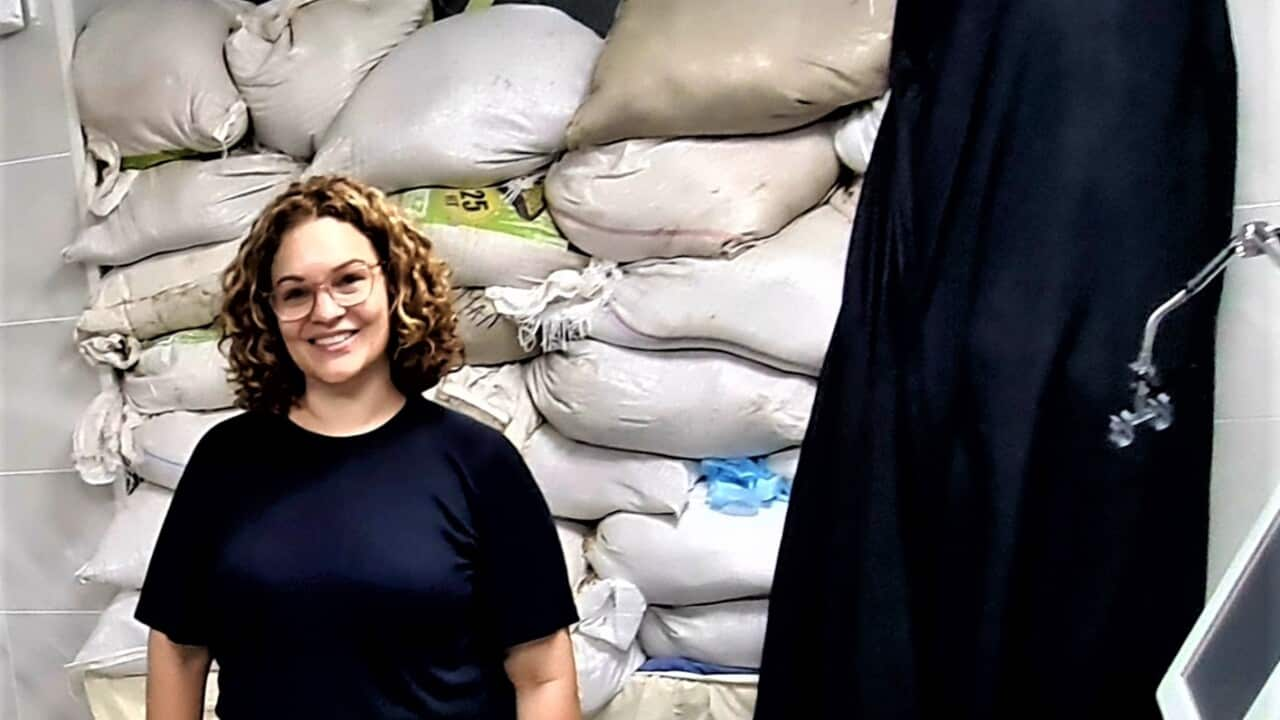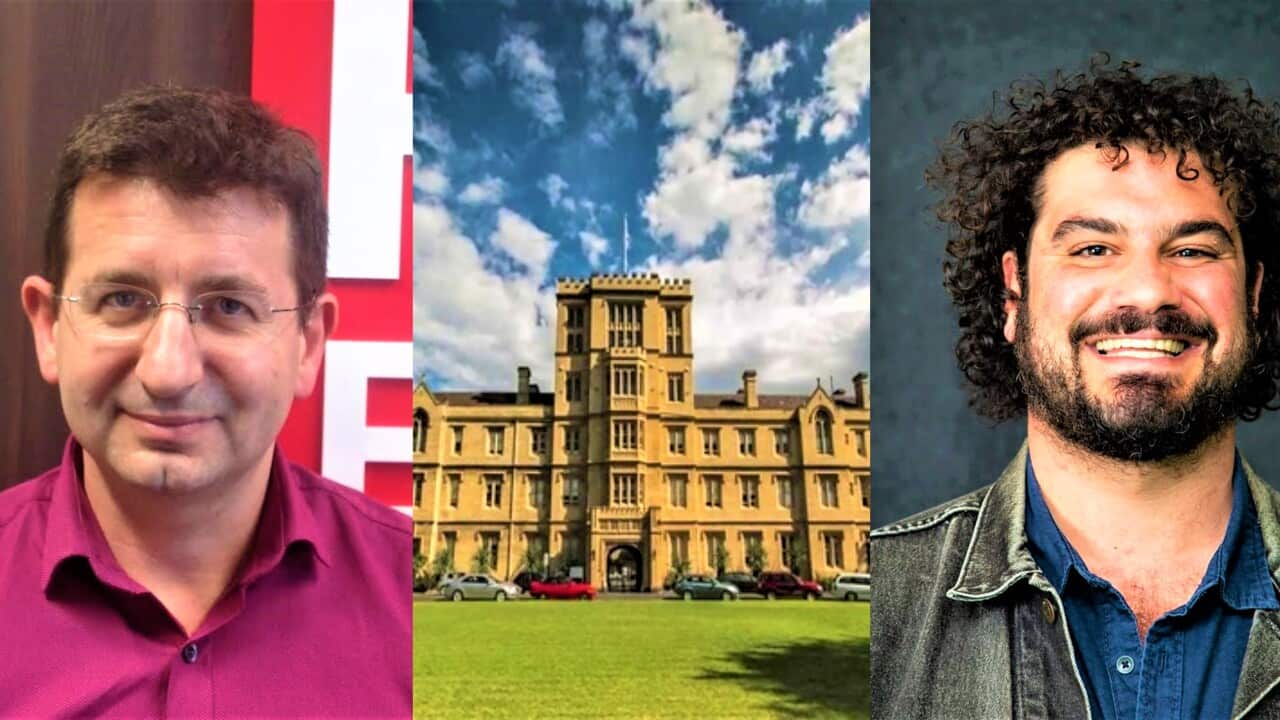The International Committee of the Red Cross (ICRC) and the Dart Centre Asia Pacific (DCAP) co-organized an interactive workshop on ethical humanitarian storytelling in conflict and situations of violence.
At the workshop, journalists, researchers, creatives, and communicators had some important conversations on navigating the ethics and challenges of humanitarian storytelling.
The workshop was divided into two sessions.
The first centered on traumatic imagery, exploring how storytellers from those behind the camera, to content managers, publishers and reporters can make trauma-informed decisions.
The first part investigated how the journalists and paramedics can protect sources, storytellers, and their audiences, and how they can ensure dignity, respect, and convey the nuances of complex conflicts through imagery.
Ensuring dignity in humanitarian storytelling was the focus of the second session.
The participants discussed everything from how to tell the stories of people impacted by conflict or violence, to how to conduct interviews in the aftermath of trauma, and everything in between.
DCAP experts, journalist Amantha Perera and Greek-Australian humanitarian, nurse, and paramedic Helen Zahos facilitated the sessions.
Ms Zahos spoke to SBS Greek.
ΑΚΟΥΣΤΕ & ΔΙΑΒΑΣΤΕ

Τι γυρεύει στην Ουκρανία μια Ελληνίδα της Αυστραλίας;
The International Committee of the Red Cross supports people around the world affected by armed conflict and other violence, doing everything it can to protect their lives and dignity, often with their red cross and red crescent partners.
The Committee also seeks to prevent hardship by promoting and strengthening international humanitarian law and championing universal humanitarian principles.
The Dart Centre for journalism and trauma, a project of the Columbia university graduate school of journalism, is dedicated to informed, innovative, and ethical news reporting on violence, conflict, and tragedy.
Whether the topic is: street crime, family violence, natural disaster, war, or human rights, effective news reporting on traumatic events demands knowledge, skill, and support.
The Dart Centre provides journalists around the world with the resources necessary to meet this challenge, drawing on a global, interdisciplinary network of news professionals, mental health experts, educators, and researchers.







